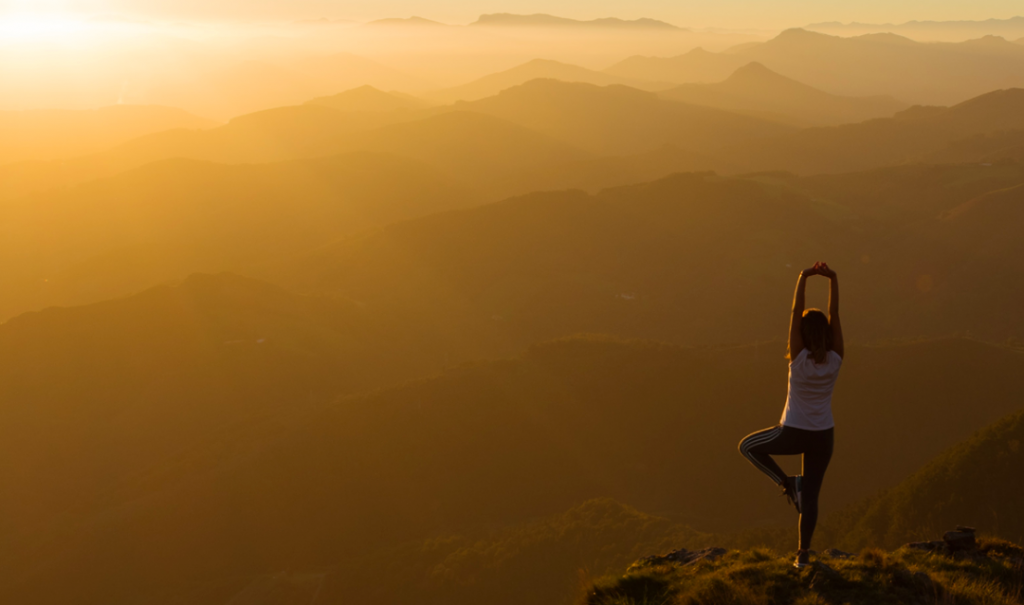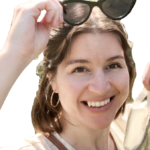This part of a series of snippets from our new book, Lockdown Learnings. A collection of 50 life lessons from 50 leaders in lockdown that reached No.1 Hot New Release in Amazon’s HR chart. Now available in print here.
I’ve read countless articles on this topic, but the proof for me has been in the pudding. Working from home and spending less time in the office, I’ve created boundaries around myself, inside and outside of work, a little fence if you will, that I would never have thought possible. Not feeling like I need to show up at a certain time or in a certain way has helped my overall wellbeing and, in turn, I’ve been able to be more creative with the space I’ve created for myself.
Once upon a time I thought that thinking about my own needs and putting them first was selfish, not realising that this is self-care.
It’s important to put your own mask on, before you help others. This has never felt truer.
Now I’ve consciously decided to spend the time I would have spent commuting on me. I’ve been journalling and reflecting, taking a longer breakfast, sometimes joining a yoga class. These were things I never thought would be possible. I thought I just wasn’t that morning-ritual, yogi, smoothie-making person. That person may have cracked something that I hadn’t.
During the day, rather than running from meeting to meeting, I’ve found that taking breaks, time for me, only increases my creativity and enhances my thinking. Those moments when I’m washing up after lunch or walking in the park by the pond and watching some little ducklings swim past, can give me creative ideas or help me process a task I’ve been struggling with.

In the evenings, I find it important to close “work mode” down, even to the point of rearranging furniture and changing my outfit – hugely important to get comfy – and then taking the time to think about what I want to do. Journalling again in the evening and writing about great things I experienced that day has helped me appreciate each day, and also helped me remember what I did, when – which can be tricky at this time.
I read somewhere that studies show that millions of grey cells only get activated when you turn off and don’t focus on a task. “Brain research people” (that’s the technical term) suggest that this helps you become more creative and productive during the work phases that follow.
The more I learn how important my time is and putting my own wellbeing first, the more I have found that creativity has followed nicely.
A few key takeaways from me:
- I can create space for others, if I create space for myself first. This is self-care, not selfish.
- Creativity equals creating space.
- That blurry “flexible, work–life balance” thing, is now a priority.
- Authenticity and empathy are now a necessity.
Emily is the Talent Development Manager at Warner Music Group and one of 50 leaders who contributed their learning to the new book, Lockdown Learnings. Read it in full by ordering your copy on Amazon here.
